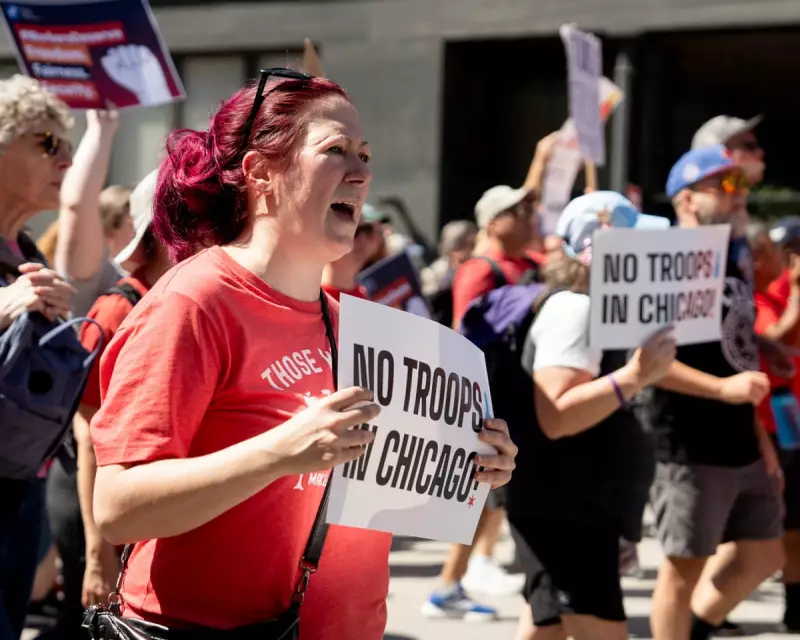
Former US President Donald Trump has ignited a political firestorm with a contentious speech delivered in Chicago, drawing immediate condemnation from local leaders for what they decry as a cynical exploitation of the city's challenges.
Addressing supporters, Trump characterised Chicago as a city in the grip of a violent crime epidemic, directly attributing the situation to the policies of the Democratic party and its status as a sanctuary city. His comments have been met with fierce criticism from those on the ground who argue he is oversimplifying a complex issue for political theatre.
A City Pushed into the Political Spotlight
Trump's rhetoric placed Chicago squarely at the centre of a national debate, using stark and divisive language to make his point. The speech has intensified the ongoing political battle over crime and immigration, framing 'blue cities' like Chicago as examples of failed leadership.
Local officials were swift to respond, accusing the former president of using a real human tragedy as a backdrop for a campaign narrative. They argue his portrayal is not only inaccurate but deeply harmful to communities working towards genuine solutions.
Data and Reality: A Complicated Picture
While Trump pointed to crime statistics to support his claims, fact-checkers and analysts note a more nuanced reality. Violent crime remains a serious concern in certain areas of Chicago, as it does in many major American cities, but overall rates have seen fluctuations rather than a simple upward trend.
Furthermore, criminologists emphasise that crime rates are influenced by a vast web of socio-economic factors—including poverty, investment in public services, and access to opportunity—making simplistic political attributions deeply misleading.
Beyond the Rhetoric: The Human Cost
Beyond the political point-scoring, community leaders in Chicago expressed frustration that the national conversation often overlooks the residents most affected by violence. They argue that sensationalist political rhetoric does nothing to address the root causes of crime or support the victims and families living with its consequences.
The focus, they insist, should be on sustainable, community-led solutions involving investment in education, youth services, and economic development, rather than being used as a partisan football in a wider cultural war.





